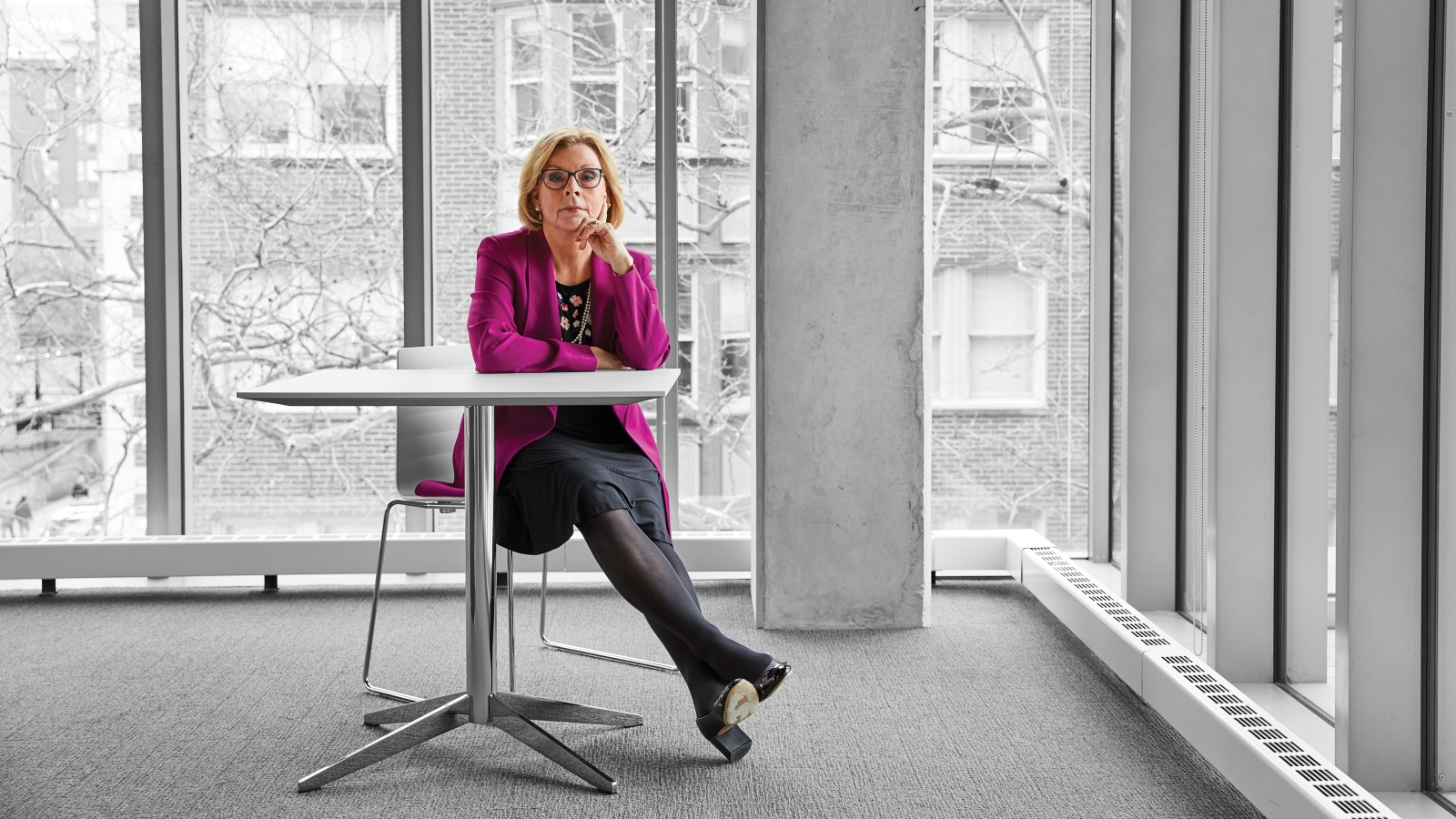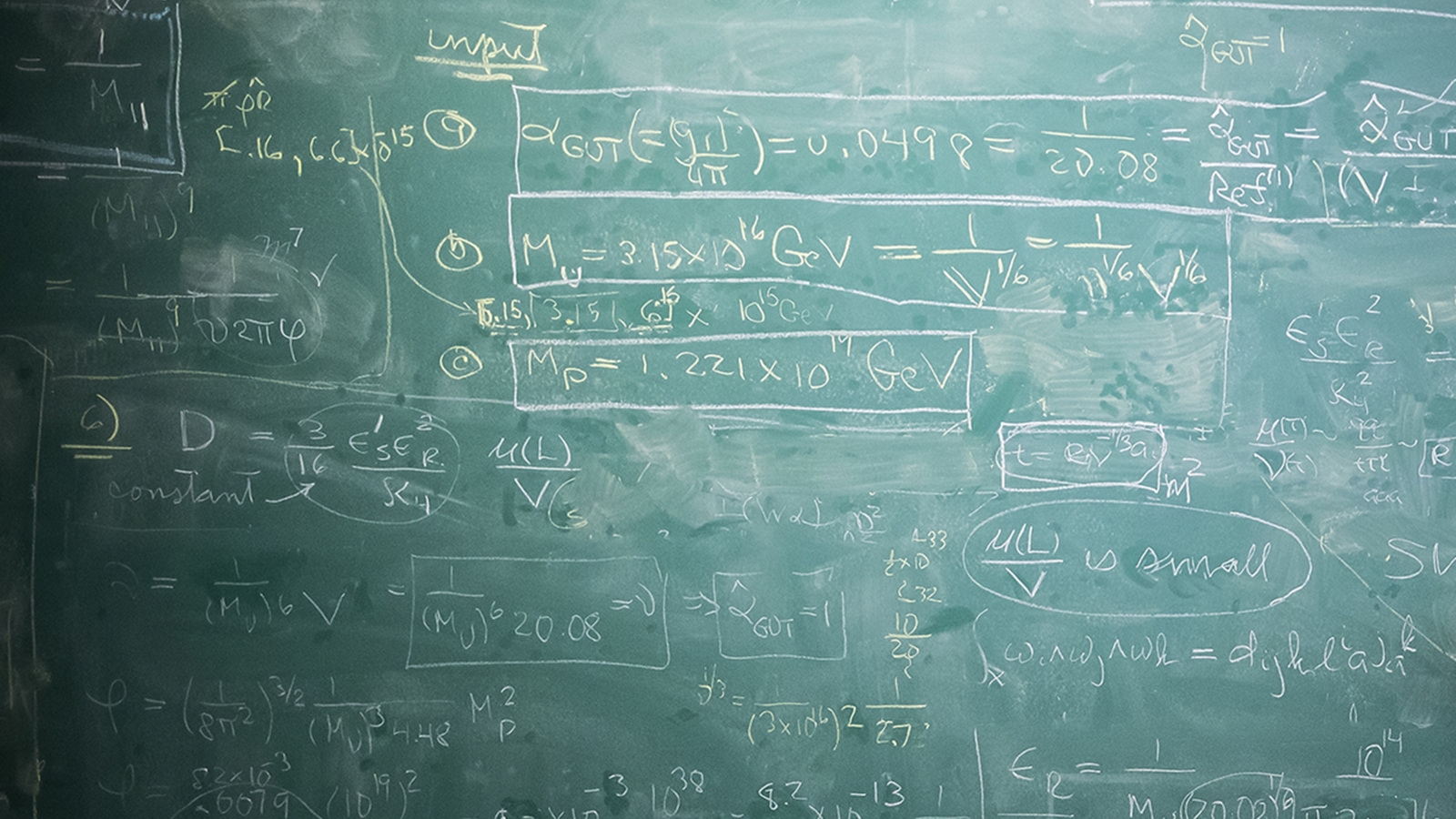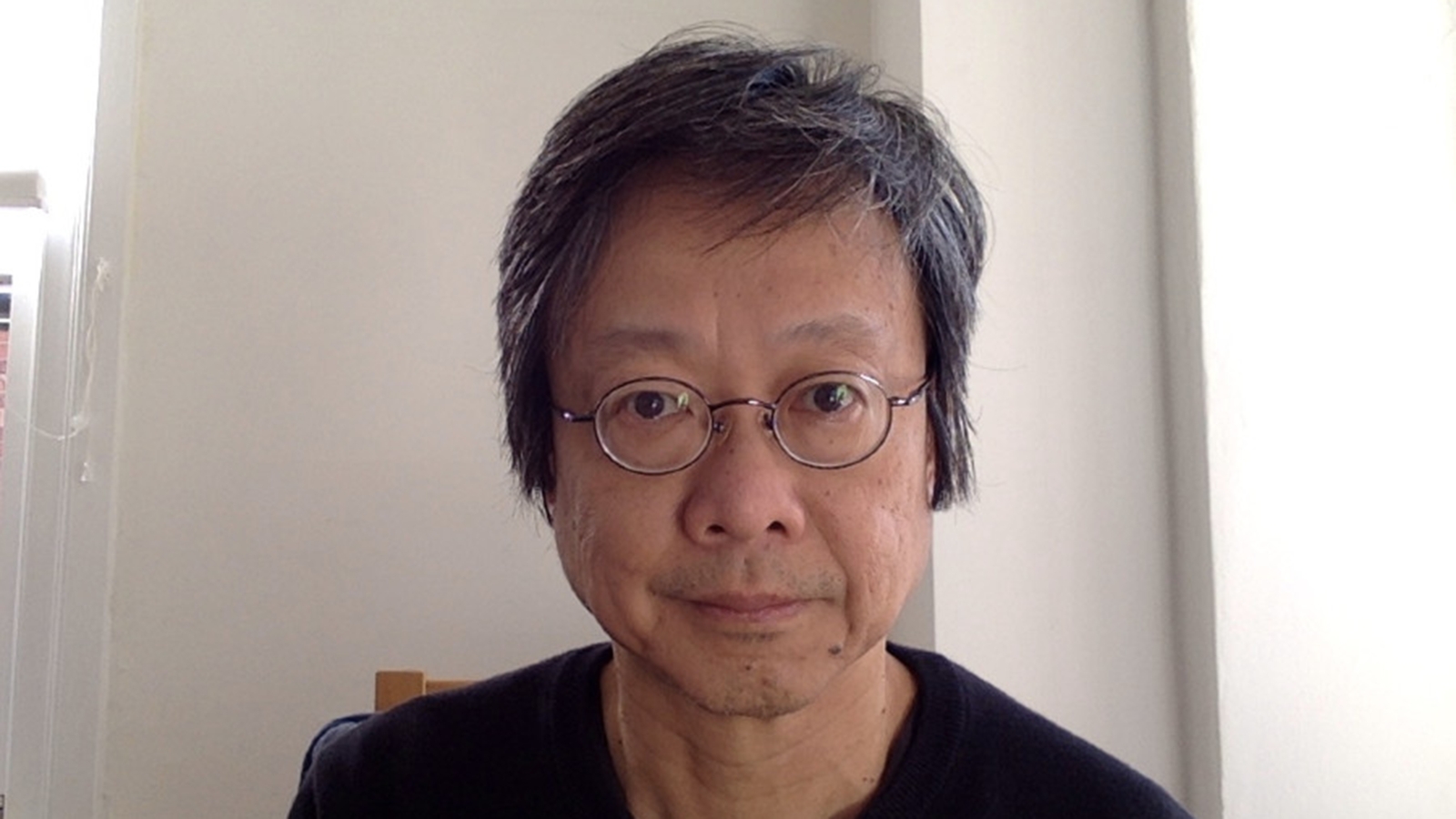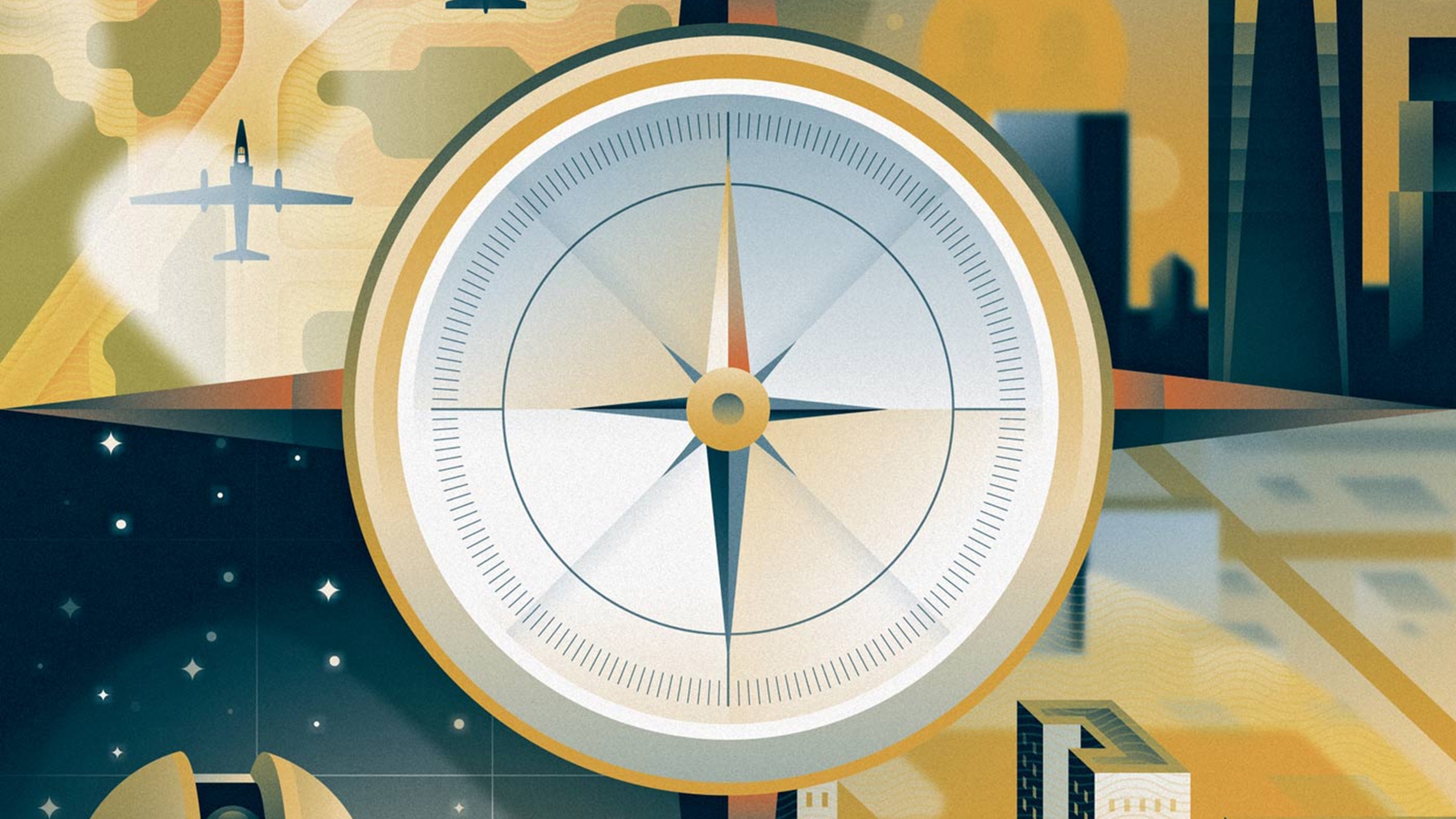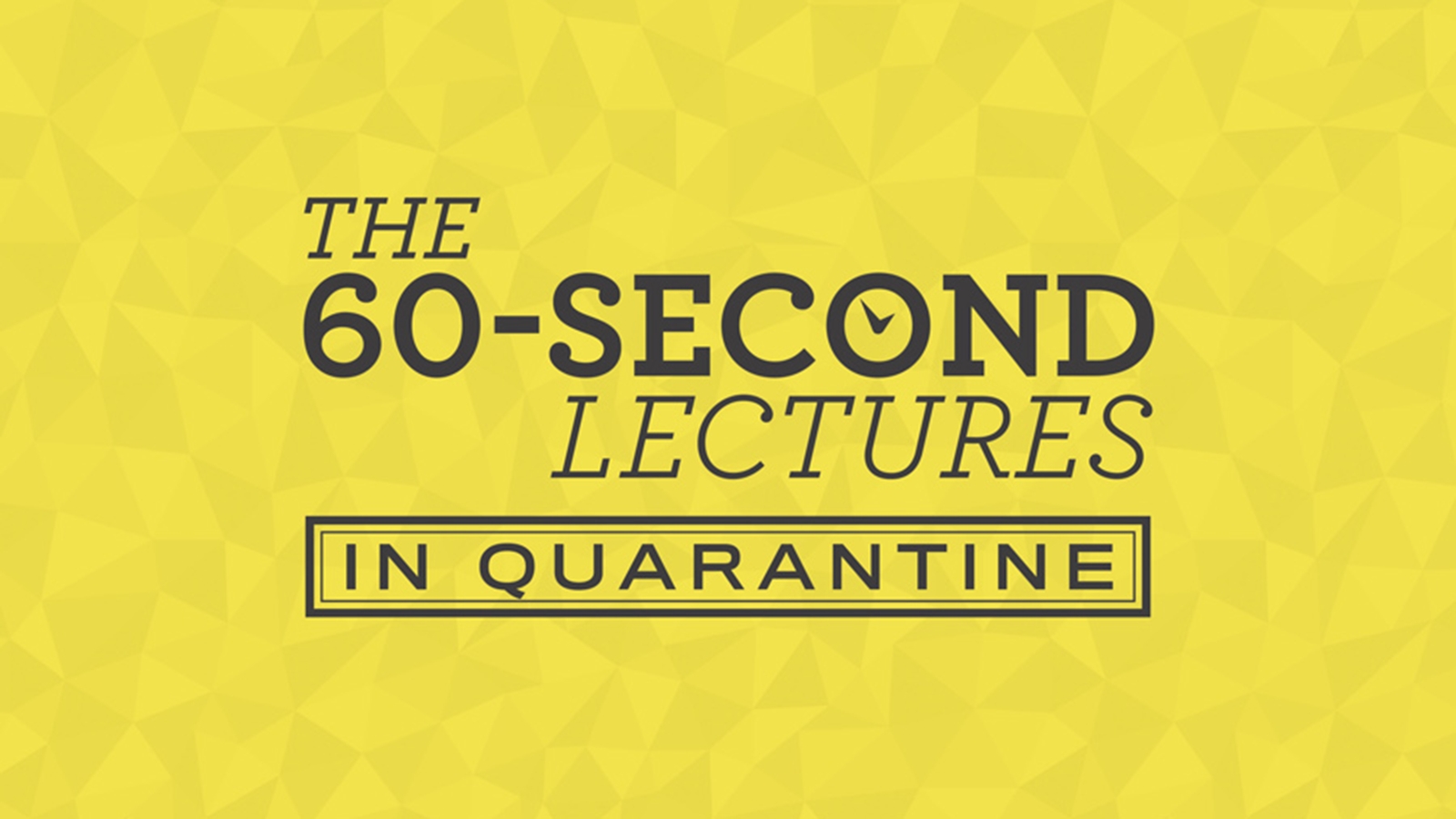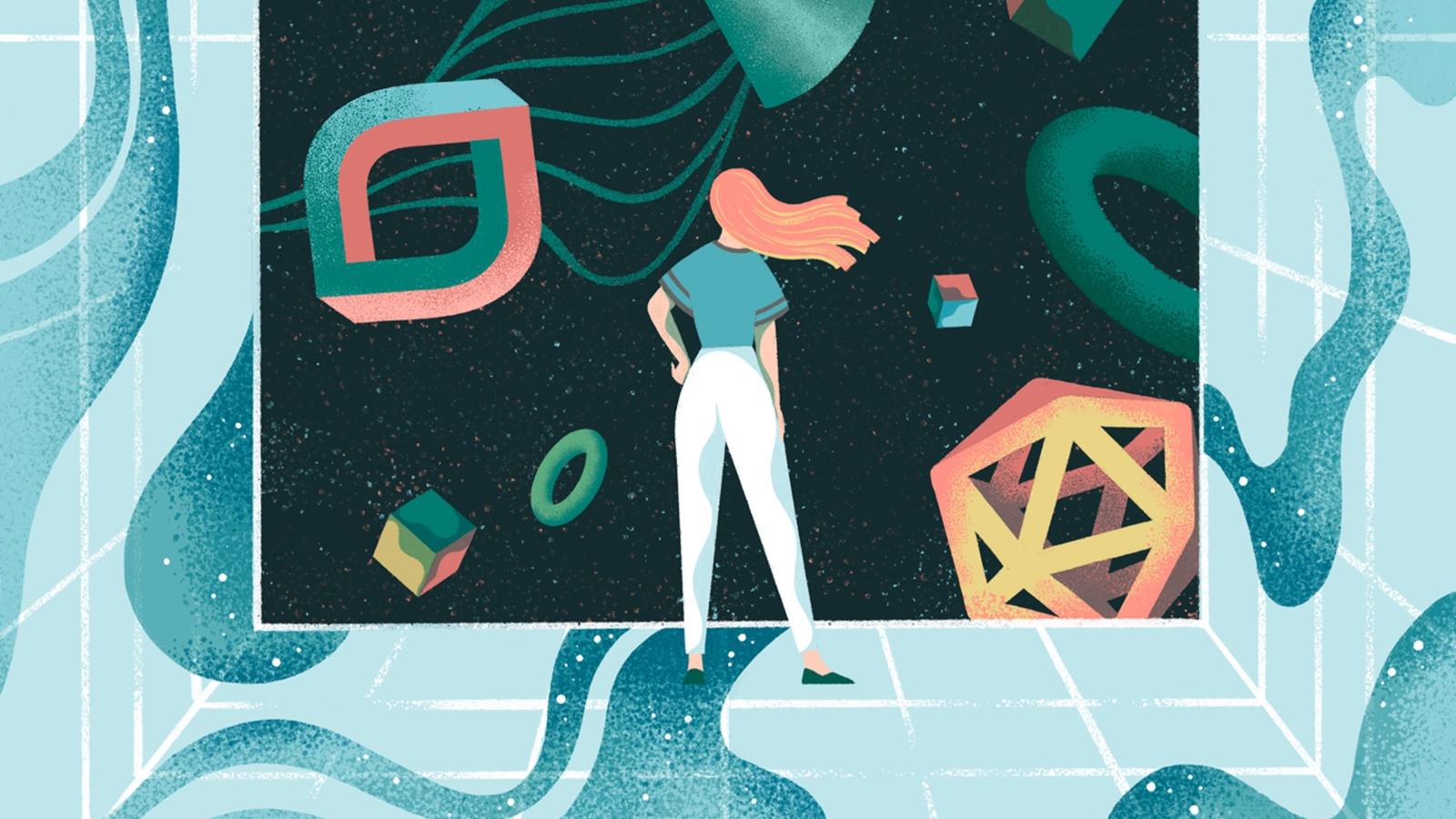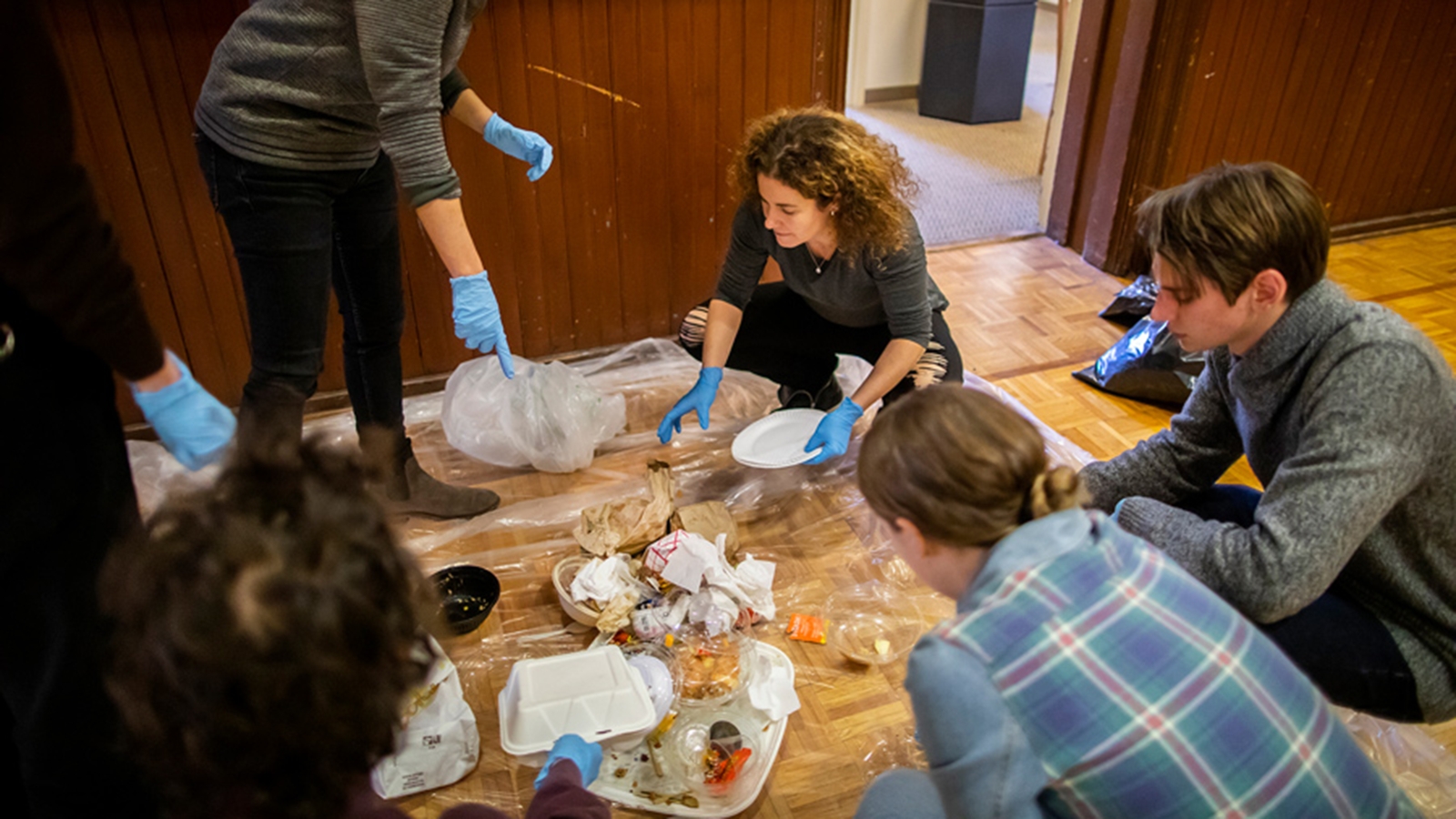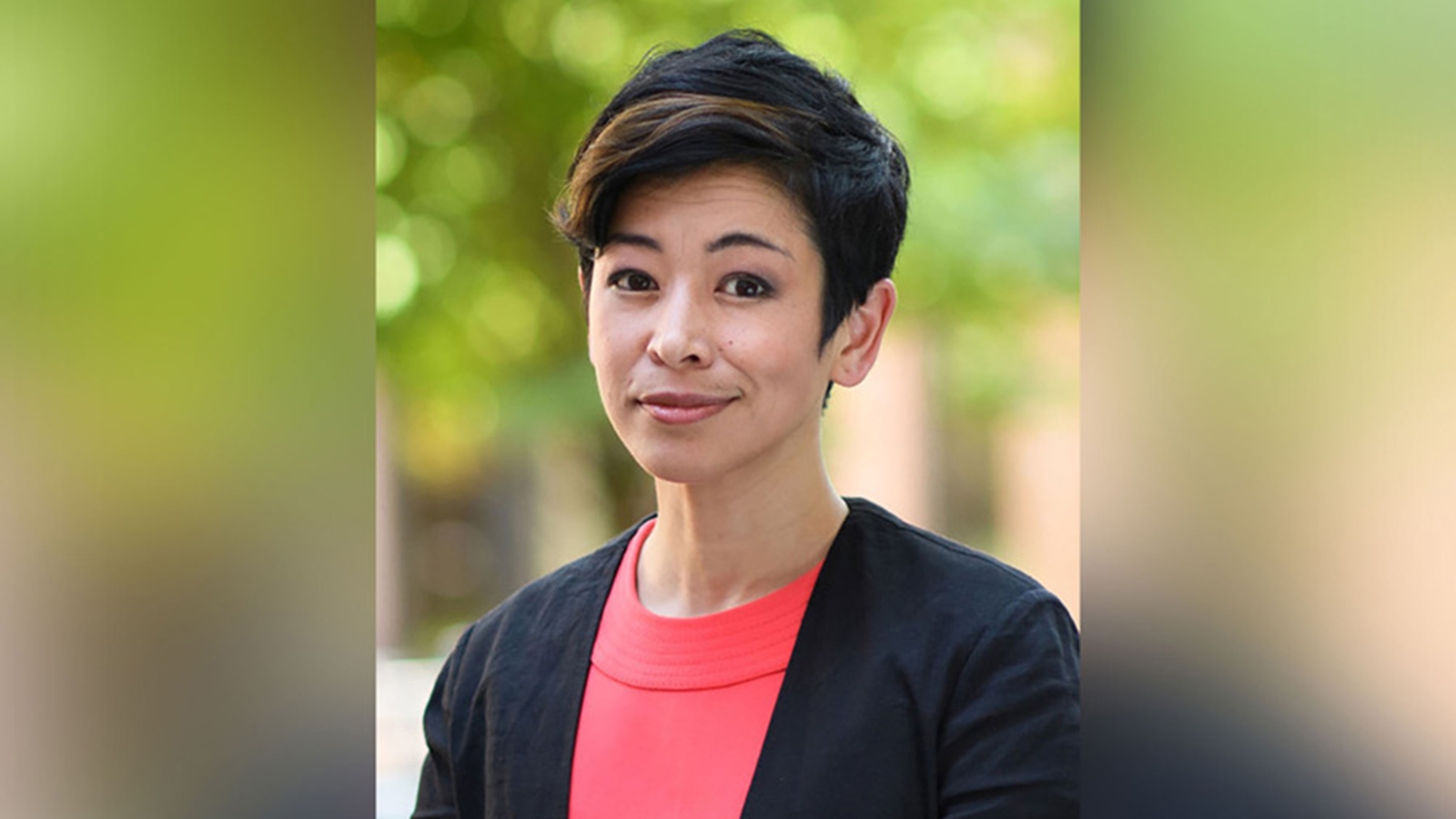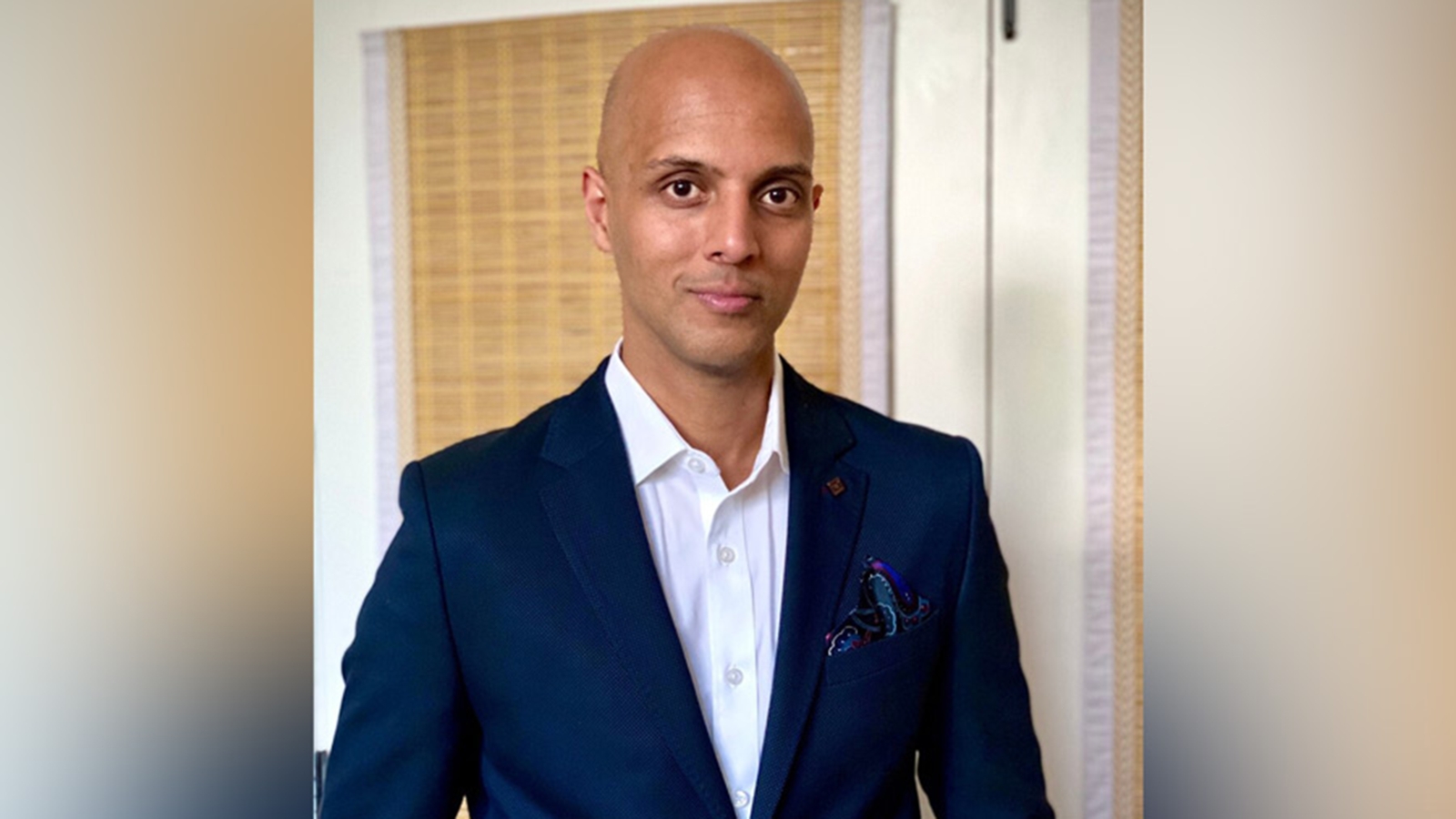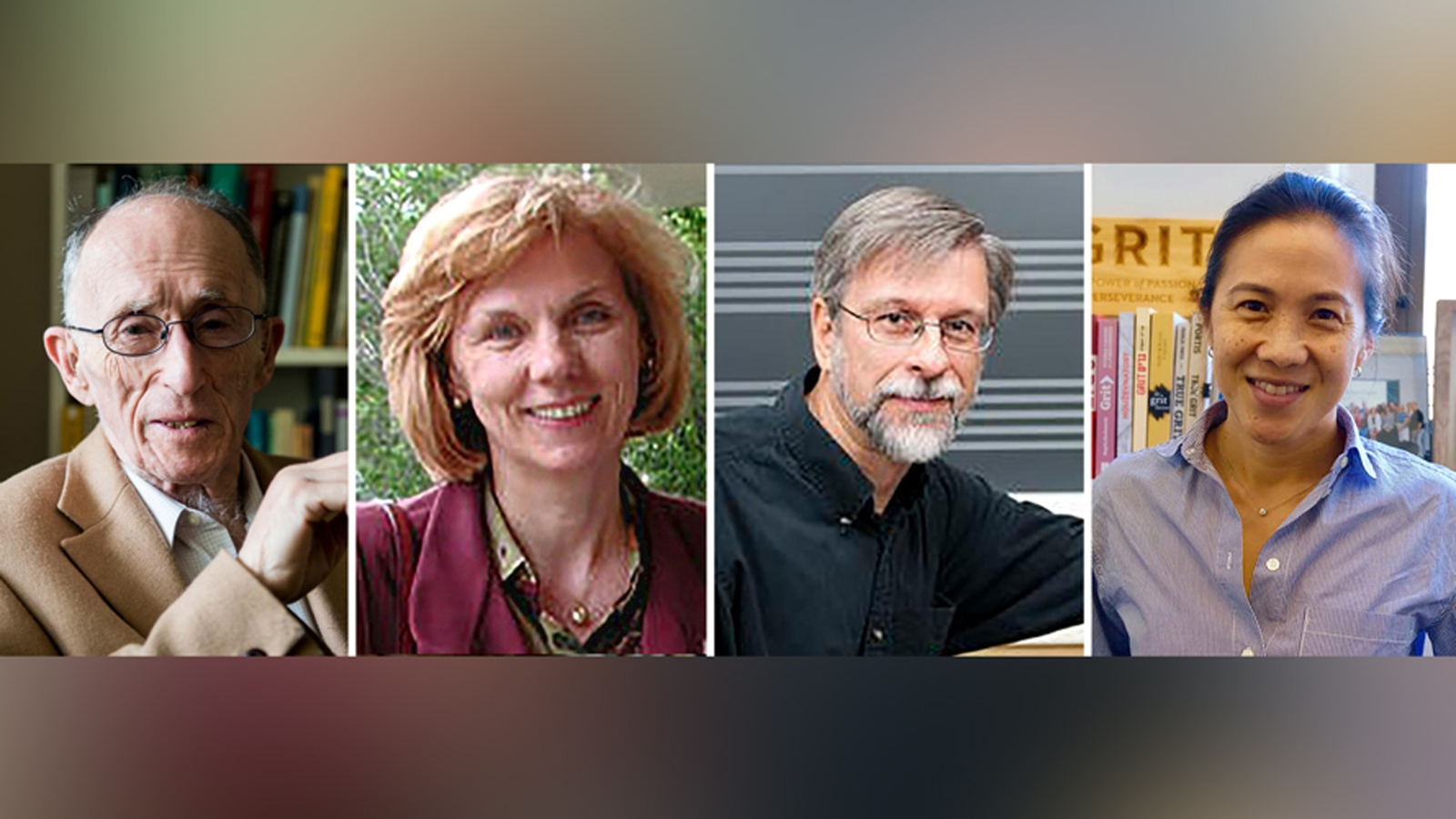Faculty
Viral Analysis
The Department of Economics dedicates new online space to cutting-edge pandemic research.
Ancient Armor, a Mysterious Royal Tomb, and a Pair of Massive Stone Gates at Gordion
C. Brian Rose, James B. Pritchard Professor of Archaeology in the Department of Classical Studies, and his team’s recent excavation at a historic site in central Turkey was one of the most successful in history.
David vs. Goliath
Marci Hamilton, Fels Institute of Government Professor of Practice, has faced down institutional child abuse for decades—and she is just getting started.
Where Math Meets Physics
Collaborations between physicists and mathematicians showcase the importance of research that crosses the traditional boundaries that separate fields of science.
A Quick Pivot Turns an Infectious Disease Class Into Timely Education
Students in Otis Kendall Professor of Biology David Roos’ course learned in real time how public health scientists attempt to understand COVID-19.
COVID-19: Impacts on the Individual
Kok-Chor Tan, Professor of Philosophy, says the ways in which people are affected by the pandemic are a result of a complex tapestry of economic, social, and cultural factors.
The New Cartographers
Faculty across the arts and sciences are navigating the new world of big data.
60-Second Lectures in Quarantine
The School adapted its iconic lecture series and went virtual to address COVID-19.
Who's Watering the Plants?
Department of Biology faculty and staff are working hard to maintain living plant collections during the COVID-19 pandemic.
The Math Problem
Julia Hartmann is finding solutions, both in math and for mathematicians-to-be.
Wastes of War
Anne Berg, Assistant Professor of History, shows students a different side of conflict.

